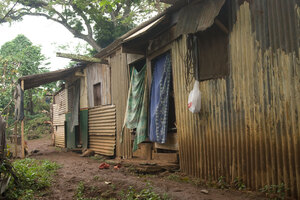[Originally published in the Vanuatu Daily Post’s Weekender Edition.]
Public health is a human rights issue. Medical services, though, are ultimately ruled by economics. The tension between the two will never be resolved. It will, however, shape our future in ways that are impossible to measure.
This morning over coffee, I received news that the 15 year old daughter of a friend had passed away. She’d been ill for over a month, but a full diagnosis was never made. All anyone knew was that her head ached terribly.
Within an hour of hearing this, I learned of the untimely death of Ture Kailo, MP for TAFEA Outer Islands.
Ture was well known in Vanuatu. During his tenure as DG of the Ministry of Youth Development and Training, he was a consistent champion of youth issues and a friend to many local NGOs. Many took heart when, after his politically motivated ouster from the Ministry, he announced his candidacy for national office. Everyone I spoke to expressed deep regret at his passing, noting that Vanuatu politics has suffered a real and measurable loss.
Cases like these often define the debate over national health care policy. The loss of prominent individuals like Kailo demonstrate in unambiguous terms just how much we stand to lose when we lose a single life.
But what of my friend’s young daughter? The magnitude of her mother’s loss is of course immeasurable. And who can tell what she might have achieved?

